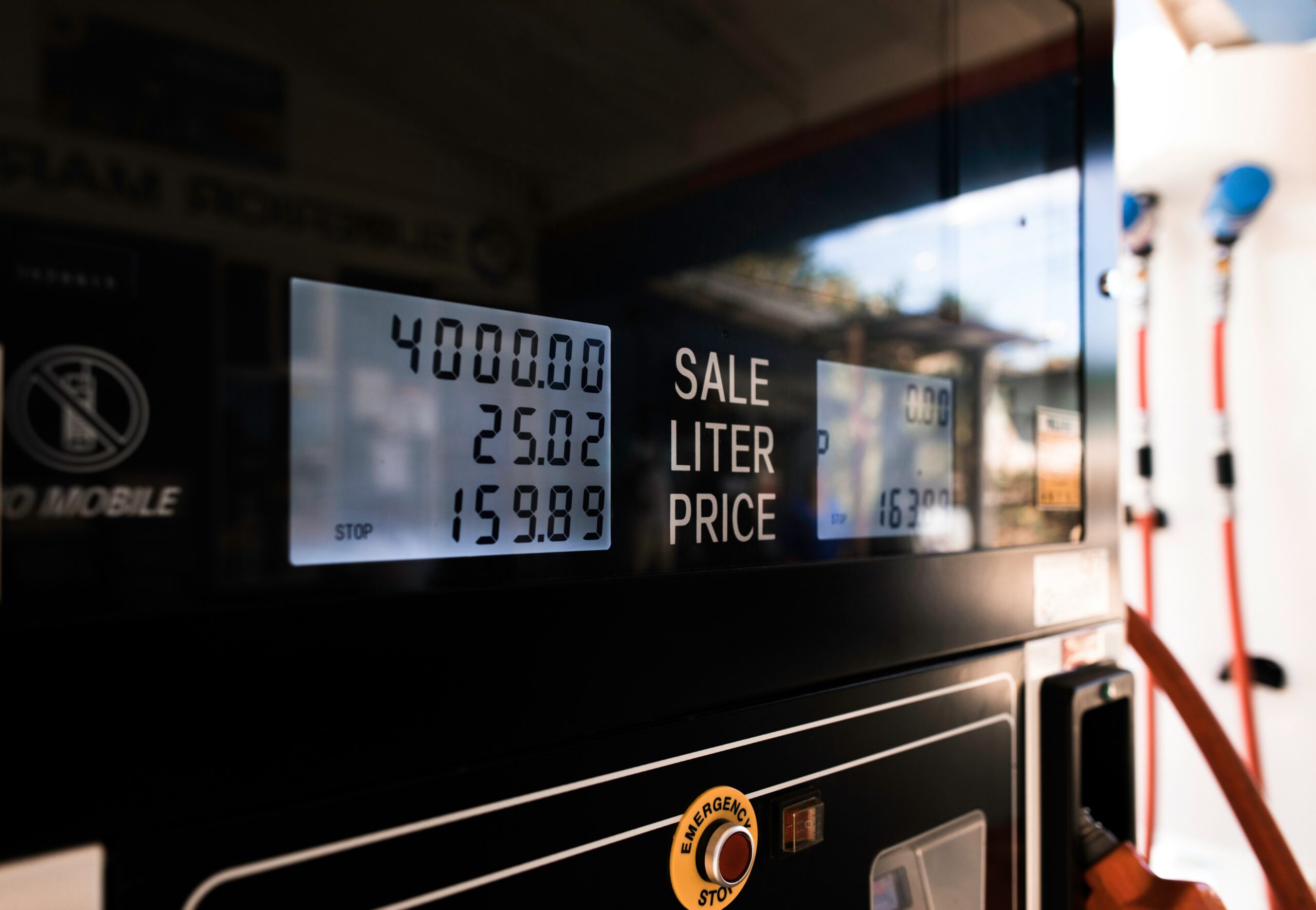Economic report: GCC aims at strong growth in 2025
According to Oxford Economics, GCC’s proactive and strategic investment is setting the stage for robust increase
The Gulf Cooperation Council (GCC) region is set for a sharp economic rebound, with growth expected to surge to 4.4% in 2025, more than doubling from projected figures for 2024, according to the latest ICAEW Economic Insight report prepared by Oxford Economics.
The report forecasts that while economic growth in the broader Middle East is set to reach 2.1% in 2024, it will accelerate significantly to 3.7% by 2025.
The GCC’s non-energy sectors, including tourism, trade, and finance, are pivotal in driving this growth, with expectations of a 4.2% expansion in 2024 and 4.4% in 2025.
Scott Livermore, chief economist at Oxford Economics Middle East and ICAEW Economic Advisor, said the region’s strategic investment in non-oil sectors is bolstering resilience. «The GCC’s proactive and strategic investment, combined with a gradual recovery in oil production, is setting the stage for robust growth in 2025,» Livermore said.
Anticipated interest rate cuts are also expected to boost consumption and private investment, enhancing the region’s diversification efforts.
More From “Economics”

EU’s green ambitions are threatened by Qatar’s warns of LNG halt

Saudi Arabia drives MENA e-commerce rise in the festive season
The Kingdom led the way in mobile commerce adoption, with 62% of online purchases made via mobile devices

GCC secures 6th spot globally in goods trade volume

UAE economy grew 3.6% in the first half of 2024

Dubai real estate smashed records in 2024 with sales worth $142.4bln

Why GCC is a magnet for international capital?

Reuters: Qatar plans to help boost Syrian government salaries

Egypt’s economy struggles with rising refugee crisis

Saudi Arabia’s GDP grows 1.3% in 2024, driven by non-oil sector

The future of banking: 5 trends set to transform the GCC in 2025

Economic report: GCC aims at strong growth in 2025

Italy and Saudi Arabia sign partnership agreements worth $10bln



